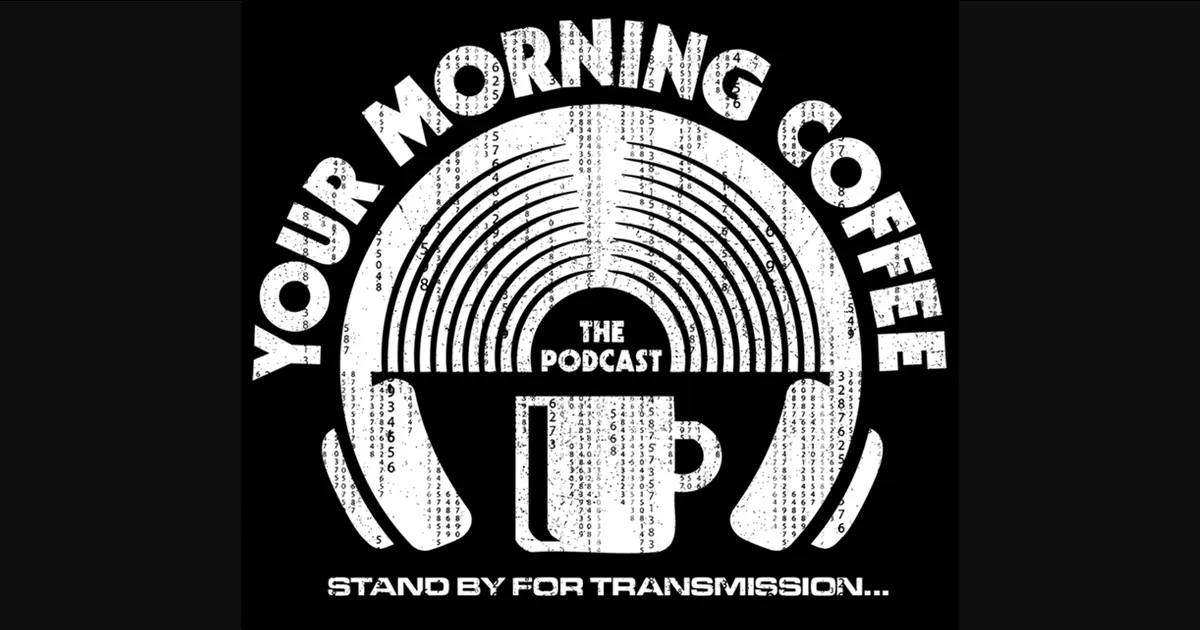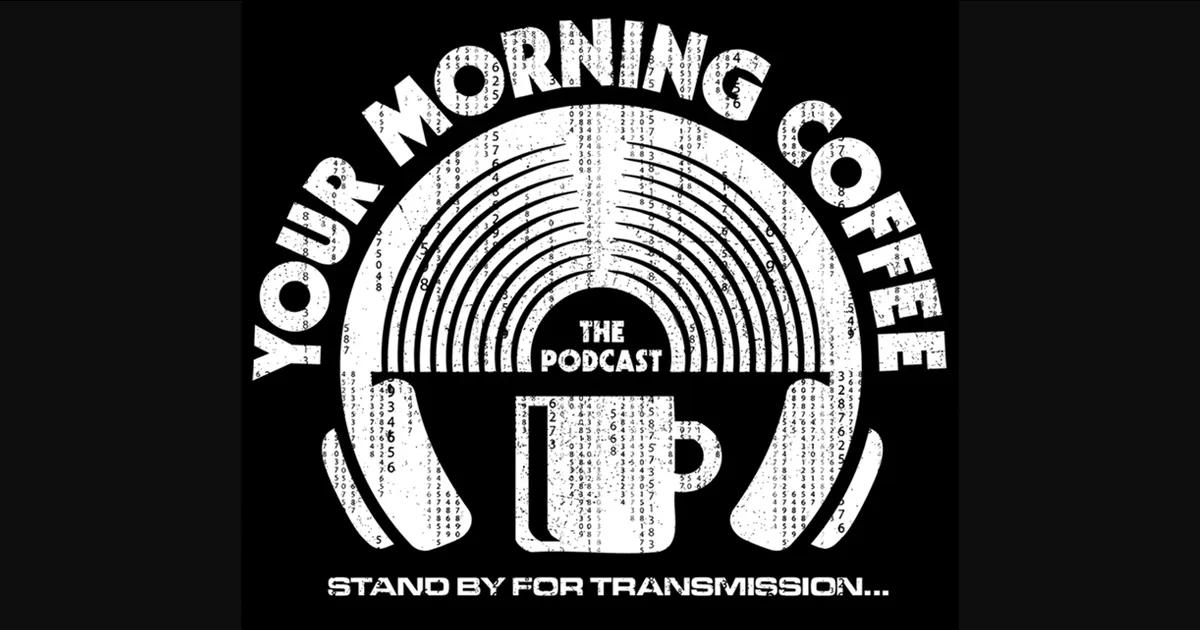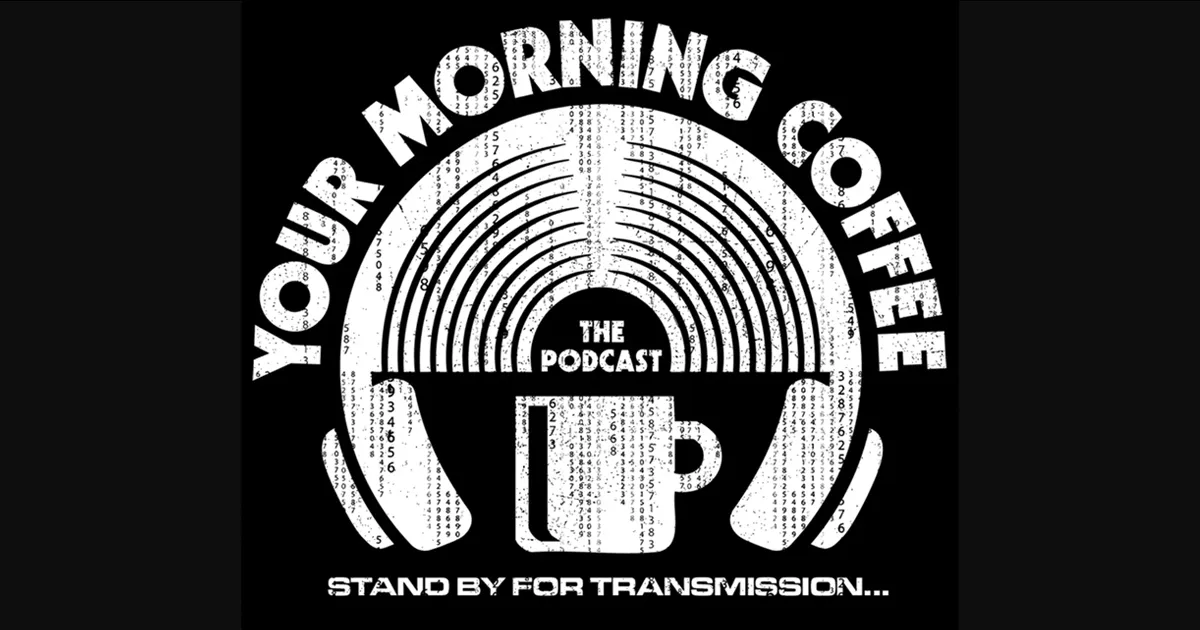By Mark Mulligan of Music Industry Blog.
Although the Apple-Beats deal is about far more than just streaming music, it is nonetheless an important part of the puzzle. Apple has been going slow with streaming, introducing cloud experiences (iCloud, iTunes Match, iTunes Radio, Video rentals) slowly so as not to alienate its less tech-adventurous mainstream user base. That strategy remains valid and will continue, but it has failed to protect the defection of its core, high value, early adopters.
This is why Apple has to get serious about streaming fast: it is scared of losing its best customers. It is also why all other streaming companies, whatever they may admit publically, are getting ready to run scared. This is streaming music’s mutual fear factor:
- Velvet handcuffs: Music downloads are monetized CRM for Apple, a means of enhancing the device experience. Purchased tracks and an iTunes managed library act as velvet handcuffs for Apple device owners. But for those consumers that use a streaming subscription app, the playlists and music collection can exist on any device. Suddenly the handcuffs slip off. This is why Apple has to get streaming right in short order. It simply cannot afford to lose swathes of its most valuable device customers at the next handset replacement cycle.
- Chinks in the iTunes armour: Until the launch of the App Store, 3rd party music services had no way of breaking into the iTunes ecosystem and were, in the main, doomed to the role of also rans. The App Store was the chink in the otherwise impregnable iTunes armour that allowed those 3rd parties to not just launch punitive raids but to set up camp in Apple’s heartlands. It was the price Apple had to pay to enter the next phase of its business, but now it is ready to shore up its defences once more.
- Eating from Apple’s table: The vast majority of streaming music subscribers were already digital download buyers first, and of those the majority were either current or past iTunes Store customers when they became subscribers. On a global scale, subscriptions have first and foremost been about transitioning existing spending rather than creating new digital customers. The picture is very different in Nordics, the Netherlands and South Korea but those markets contribute far less to global scale than the markets (US, UK, Australia etc.) where this trend dominates. Apple has provided the core addressable market for streaming services for the last five years. Now those companies worry over where will they be able to get new subscribers if Apple start taking subscriptions seriously.
- Apple will not have to play fair: Although Apple knows it is under the watchful eye of various regulatory authorities following the eBook price fixing episode, there is still plenty it can do to make life hard for 3rd party streaming services. Just take a look at what Amazon is reportedly getting away with in its book pricing dispute with Hachette: delaying shipments of the publisher’s books to customers, removing buy buttons from pre-ordered books, even pointing Amazon customers to competitive titles when searching for Hachette books. Fair play or foul, the power of the retailer is huge. Whether Apple simply ensures Spotify et al don’t appear in search results, or that they are never quite able to integrate seamlessly with iOS anymore for no specific reason that anyone can quite put their finger on….But even without resorting to such behavior, simply by deeply integrating an Apple (or Beats) branded subscription service natively into its devices and ecosystem, Apple will have the upper hand and 3rd parties will find it a whole lot harder to fish in Apple’s waters.
None of this is necessarily bad for the market either. In fact it could be just what the subscriptions business needs. To finally focus on green field opportunity beyond the confines of the Apple elite. Nor should Apple even limit its subscription focus to streaming or to music. The rise of the Content Connectors points to Apple, Amazon and Google pursuing digital content strategies in the round, that do not get bogged down with super serving any individual content type at the expense of the rest. Apple’s best mid-term subscription play may yet simply prove to be a monthly allowance of iTunes credit across all content types, bundled into the cost of the device. Put that on top of iCloud, iTunes Radio, Beats Music and suddenly you have a very compelling multi-content offering. Something far out of the reaches of the current product roadmaps of any of the stand alone music services.
Can Apple afford to loss lead with music subscriptions to pursue such a strategy? Well, remember Apple’s entire digital music business has been built on loss leading. Whatever the final outcome, the mutual fear factor balance looks set to tip in Apple’s favour for a while.
Related articles






